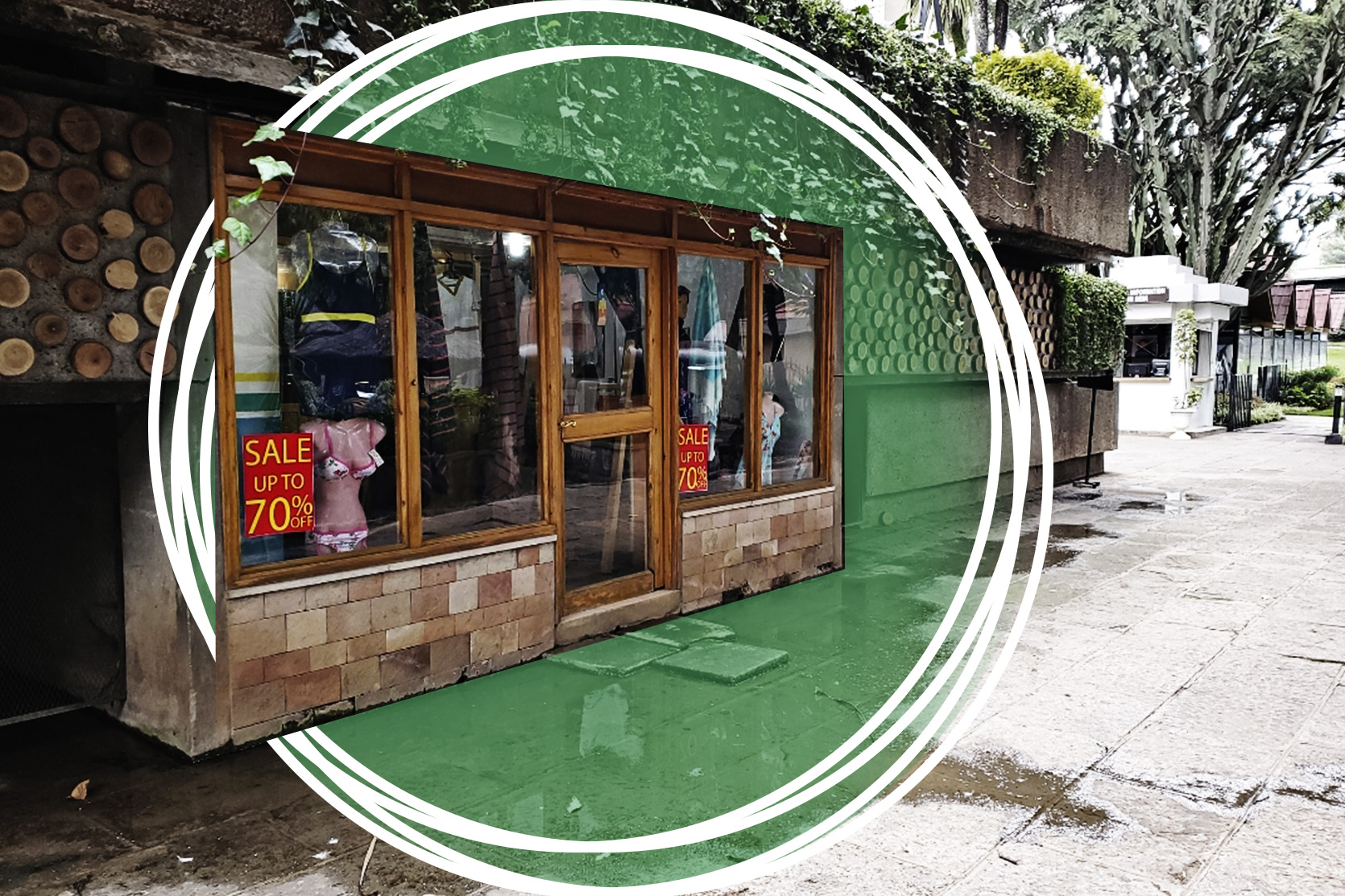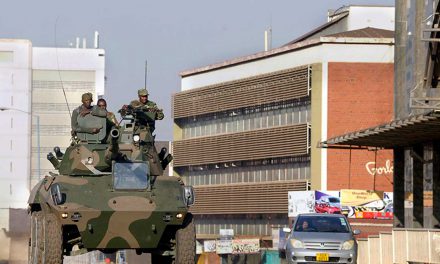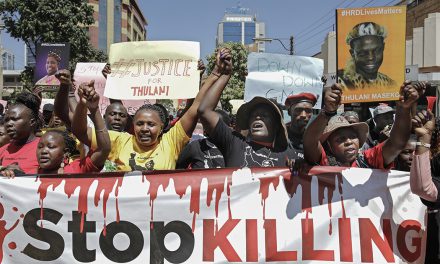
Hardly any of Ethiopia’s state parastatals epitomise the old-fashioned way of doing business more than the National Lottery Administration (NLA).
The NLA was first incorporated in 1953, by imperial decree. Were it not for its Facebook page, which has over 212,000 followers, it is as if the digital world has passed it by. The NLA’s Facebook page is nothing if not mediocre. Occasional announcements on prize-winning numbers appear, coupled with pictures of lucky winners.
Many of the 15 types of lottery tickets are sold by more than 9,000 vendors all around the country. They help the company generate a little over $21 million a year. And many of them are young men fleeing abject poverty in rural Ethiopia, by eking a subsistence living based on a dime for each ticket they sell. They earn 0.15 Birr per ticket. At the current exchange rate, that’s $0.004, or one four thousandth of a US cent.
Many of the 15 types of lottery tickets are sold by more than 9,000 vendors all around the country. They help the company generate a little over $21 million a year.
But the vendors are no longer on the streets. The spread of the coronavirus in Ethiopia, and subsequent quasi-lockdown measures adopted by the government to combat the epidemic, have seen to that. The lottery vendors have no contractual relationship with the company. Like many millions of other people in this country, they make a living in the informal sector. But many people aren’t comfortable interacting with them, and they have lost their source of livelihood.
Like many millions of other people in this country, they make a living in the informal sector.
This is reflected in a sharp decline in the lottery’s revenues. Since March this year, NLA revenue has declined by 37%, as compared to the same period last year, the communications head of the lottery organisation told a city administration newspaper. Unlike its peers in the rest of the world, Ethiopia’s lottery has not been able to generate revenue from online offerings and activities in the interim; even its website isn’t functional. It has no revenue stream other than tickets sales.
The risk of joblessness to those in the formal sector is no less daunting. Ethiopia’s Jobs Commission is a federal agency whose aim it is to ensure three million jobs are generated every year, according to the commission’s website. Last year, its commissioners were in an upbeat mood, projecting 14 million jobs by 2025. At the end of March this year, they warned that close to 1.9 million people could lose their jobs in three months as a direct result of the impact of Covid-19 on the economy. As a Unicef report points out, “[a]s the average family size is five people, up to 20 million people could be affected.”
Last year, its commissioners were in an upbeat mood, projecting 14 million jobs by 2025. At the end of March this year, they warned that close to 1.9 million people could lose their jobs
Some 40% of the population were self-employed, the commission said. It estimated that the urban self-employed in the services sector would see a loss of $265 million in income within three months. The Commission is fairly new, established in 2018 after the rise to power of Prime Minister Abiy Ahmed.
Impressively, Ethiopia’s economy has grown uninterruptedly over the past 15 years, in a range between 12.6% in 2010 and 8.6% in 2012, and at an average growth of 10% a year in the decade beginning 2008. The growth miracle was mainly fuelled by public works infrastructure projects, financed by loans from China. However, the IMF now projects a decline to 3.2% in GDP this year, the lowest since 2004.
Impressively, Ethiopia’s economy has grown uninterruptedly over the past 15 years.
Granted, that is nothing like the negative growth projected for some economies this year. The global economy will shrink by 5.2% in 2020, according to a report by the World Bank on 8 June. “The pandemic is expected to plunge most countries into recession in 2020, with per capita income contracting in the largest fraction of countries globally since 1870,” the bank added.
It might be said that it would be quite an achievement for Ethiopia to attain that figure, given the gloomy numbers globally. But the decline in Ethiopia’s projected growth for 2020 represents a real problem for the country. The most impressive gains from Ethiopia`s economic growth story have been the reduction in the size of the population that lives in absolute poverty. Within a decade after 1995, this group declined from 45.5% to about half that percentage. By 2016, the ratio of the population that lives in poverty had fallen from one in two to one in four.
“The pandemic is expected to plunge most countries into recession in 2020, with per capita income contracting in the largest fraction of countries globally since 1870,” the bank added.
The fear is that COVID-19 might erode these spectacular gains. According to a conservative estimate by the UNDP, the impact of the virus could cause two million people to fall into poverty, with an increase in the size of the population requiring social support from nine million people to 10 million – and in the worst case 15 million.
The impact of the virus could cause two million people to fall into poverty.
Many sectors are likely to see declines in employment, but one of the most immediately affected is the hospitality industry. Some international hotel franchises, such as the Hyatt Regency and Radisson Blu, have been compelled to close their doors briefly. The Sheraton Addis, a five-star hotel that is part of the Marriott Hotels’ high-end The Luxury Collection, offered staff paid leave after no more than 10 of its 293 rooms were booked for months, according to staff I spoke to there.
Prime Minister Abiy Ahmed’s administration responded to the public health crises wrought by the pandemic by declaring a state of emergency, banning public meetings, making the wearing of masks in public mandatory, closing schools and sealing borders. It also took a series of fiscal and monetary policy measures to cushion the adverse effects of the impending economic crisis. These included providing generous low-interest loans to hotel owners willing to keep their staff on their payrolls.
The government’s measures aim to support businesses facing a cashflow crunch, to protect jobs, to shelter those in the low-income bracket from eviction from their homes due to rent arrears, and to provide incentives to businesses that support the fight against Covid-19 through tax breaks. The government says it has foregone up to $250 million in tax arrears, as well as granting relief to more than 3,000 companies, with which it had been in litigation, sometimes for decades.
Homeowners who agree to forgive two-month rent from their tenants will not have to pay tax on their rental income for this fiscal year. Companies will not have to pay the employment income tax that they collect on the state’s behalf, if they allow their employees paid leave. The tax exemptions of businesses that donate money to help prevent the spread of the virus will double, relative to what businesses were entitled to before March 2020 – the month the first case was reported in Ethiopia.
Companies will not have to pay the employment income tax that they collect on the state’s behalf, if they allow their employees paid leave.
Such measures may mean a lot to those in the private and formal sectors.
But even if successful, these measures are not agile and fast enough to be meaningful to the tens of thousands in the informal sector, such as the lottery ticket vendors, who have lost their income so abruptly. Many of them have gone back to their rural homes; those who remain are selling sanitisers and masks. Several plants have turned their production lines over to the production of these items, while companies in the textile industry are making the masks that are available on the streets of Addis Ababa.
Those unable to make ends meet can obtain meals provided by the authorities at high schools around the city. One Saturday, just before filing this blog, I saw hundreds of people at Bole High School, on the eastern side of the capital, waiting for food deliveries. Well-meaning individuals, including hotel owners, brought food in plastic bags, as well as bottled water. The recipients formed orderly lines, keeping their distance at a metre or two. Among them were some individuals who were clearly new to handouts. In a crisis like this, the spectre of poverty suddenly looms out of nowhere.
We’d love to hear from you! Join The Wicked Conversation by leaving your comments below, or send your letter to the editor to richard@gga.org.
Tamrat G Giorgis is the managing editor of Fortune, which covers mainly the economies of Ethiopia and Africa. He has over 28 years experience in nearly every aspect of publishing with more than 11 various publications. He is a member of the Alumni of the University of Georgetown’s School of Foreign Policy and regularly contributes to specialised international publications.








